Phaidon, the publisher of art and photography books, is apparently dong a series of brief interviews called “The Decade Interview” asking artists and photographers: Where were you 10 years ago? What are you doing today? Where will you be in 10 years time?”
The interviews appear to be pretty brief little snippets, but interesting. You can find more on the Phaidon website, but be forewarned, the website seems pretty random to me.
I spotted this one with Stephen Shore: ‘In the mid-1970’s I was once invited for dinner at a friend’s loft in SoHo,’ recounts Shore. ‘At dinner was Ansel Adams. During the meal I saw Ansel drink six tall glasses of straight vodka and, at some point during our long conversation after dessert, Ansel said – and I remember him saying this in an unemotional, detached way, like a photographer observing something: “I had a creative hot streak in the 1940s and since then I’ve been pot boiling.”
Also from the Phaidon site, this interview with Shore
Finally, for another side of Shore, take a look at his fashion photographs for Urban Outfitters.

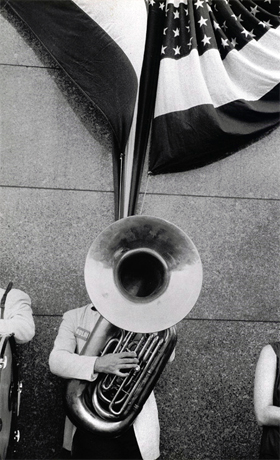

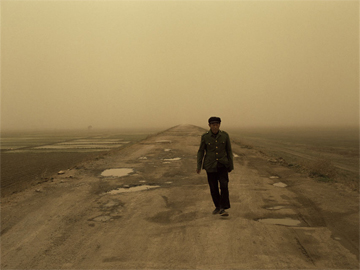

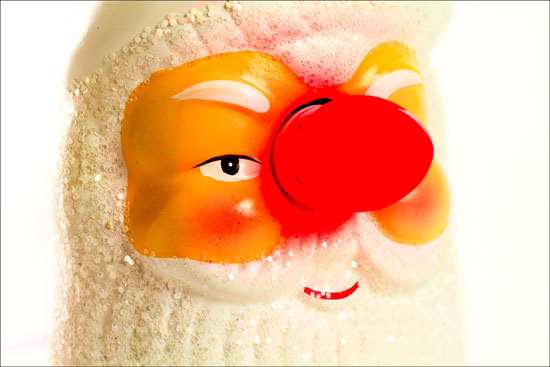


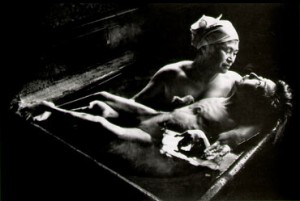

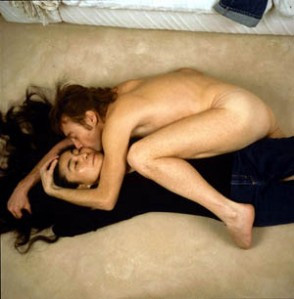
Is Fine Art Photography Dead?
I’ve been slogging through David Bate’s textbook, Photography: The Key Concepts. (And it is a slow, hard slog.) There’s lots to think about and write about, but in the meantime, Philip Gefter has an interesting piece in the magazine Photograph touching on the future and nature of fine art photography.
It’s a topic I’ve been interested in lately, and while my title above overstates the case, it’s something worth considering. Gefter asks “…whether fact and fiction can coalesce in the visual universe of fine art photography.”
Having recently come off of Gretchen Garner’s Disappearing Witness I’ve been thinking about the century-long jockeying between fictional and factual photography. Fiction has dominated the art world for the past several decades, but I wonder if that’s sustainable. Can the two co-exist? My gut feeling is that the documentary nature of the photograph is so intrinsic to the medium that over the long haul, the document will almost always prove more sustainable than the fictions.
Share this: